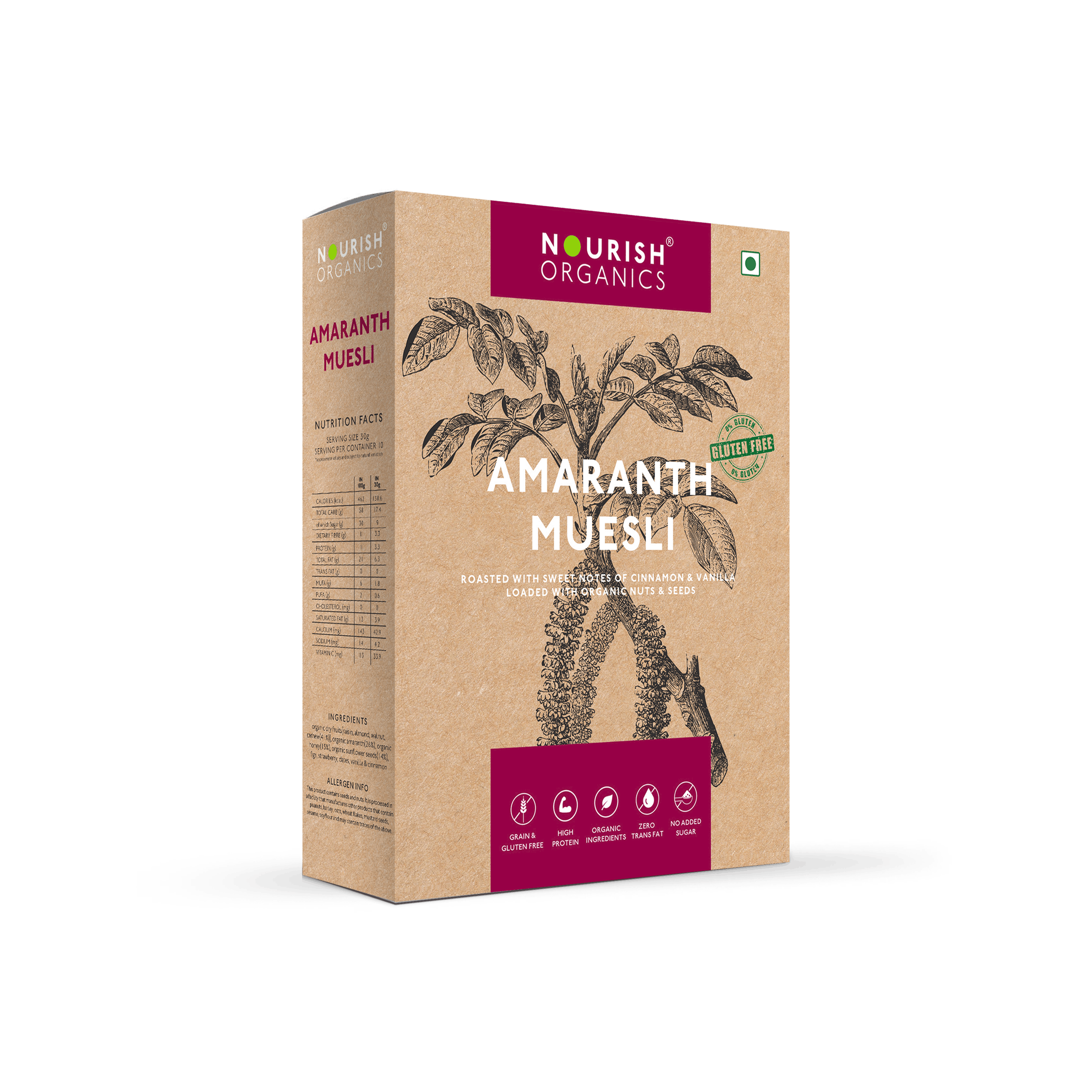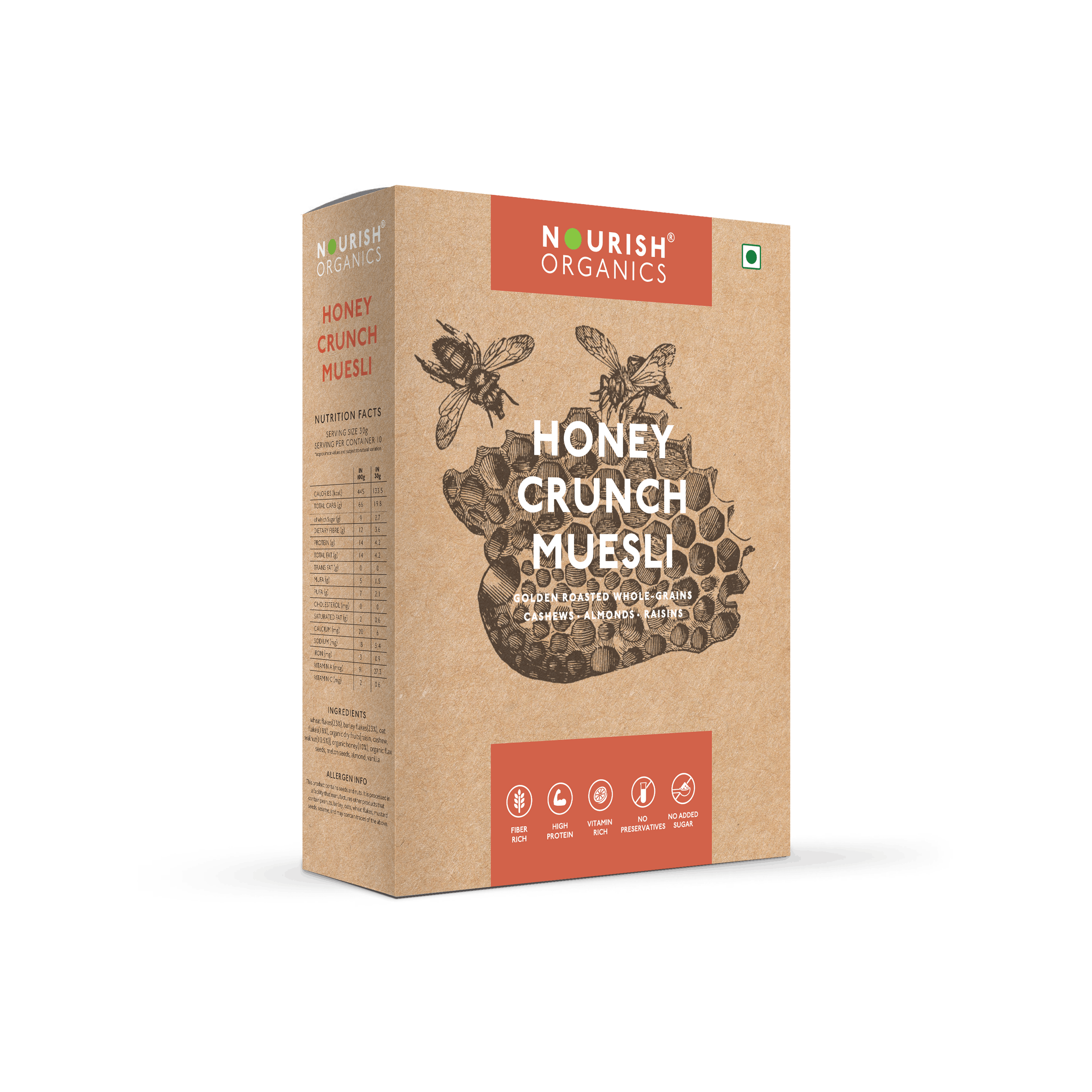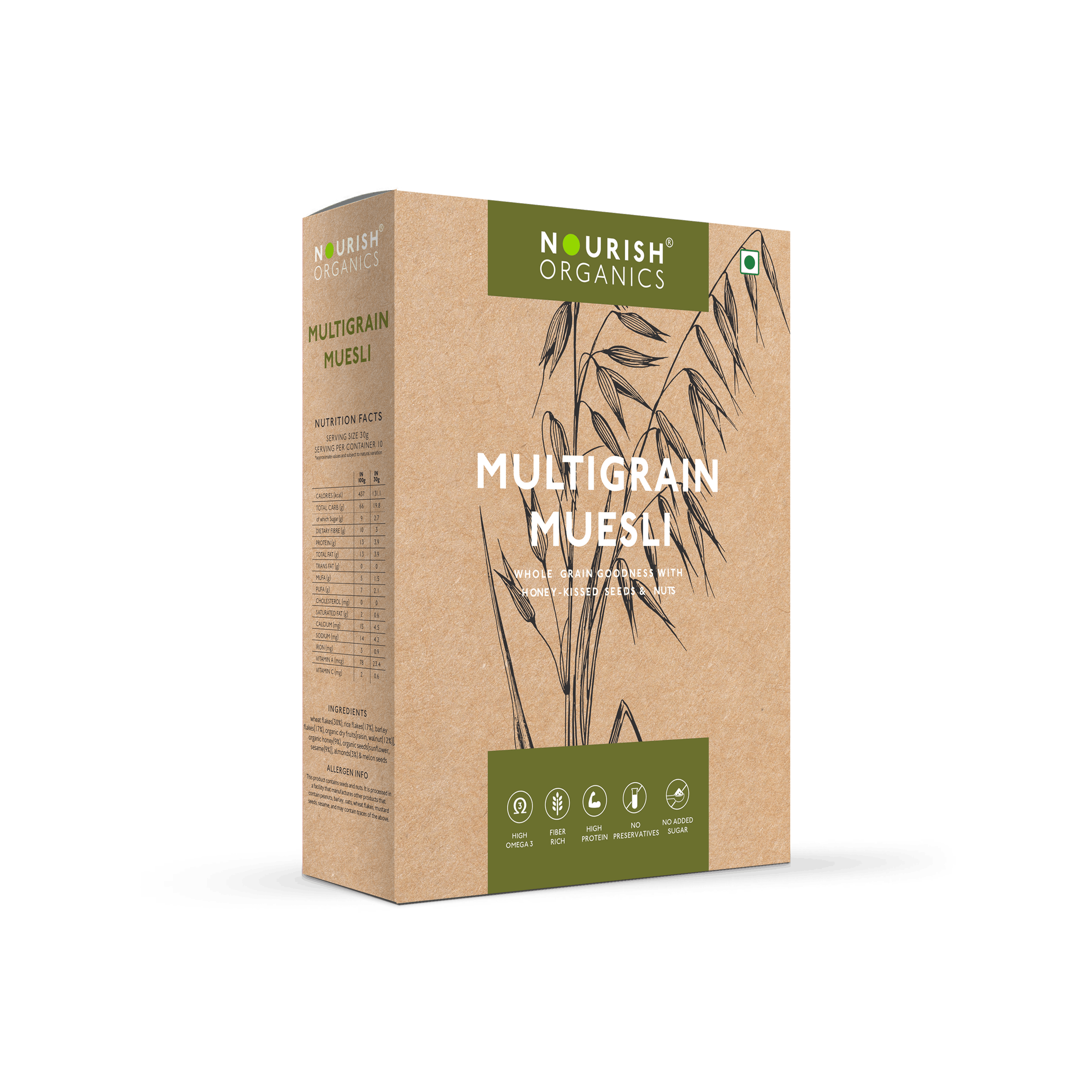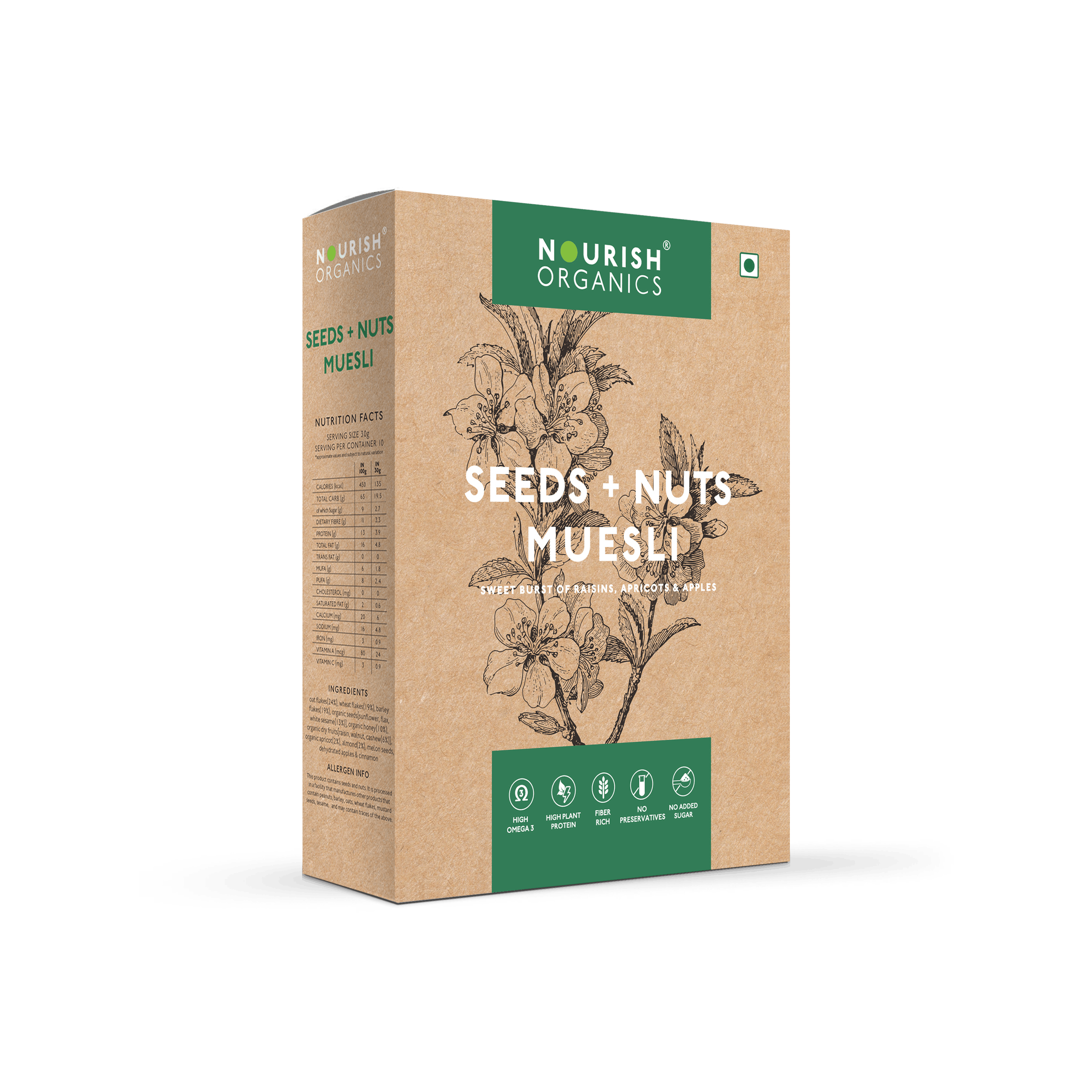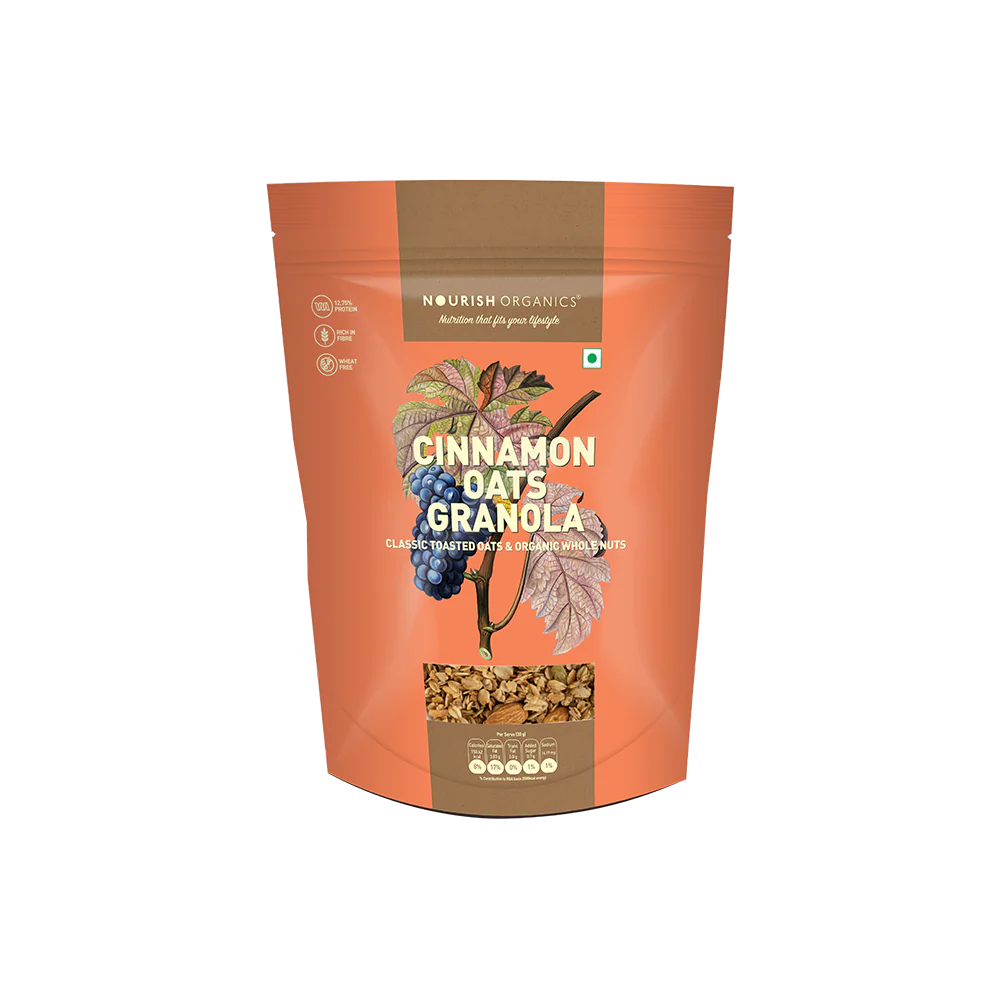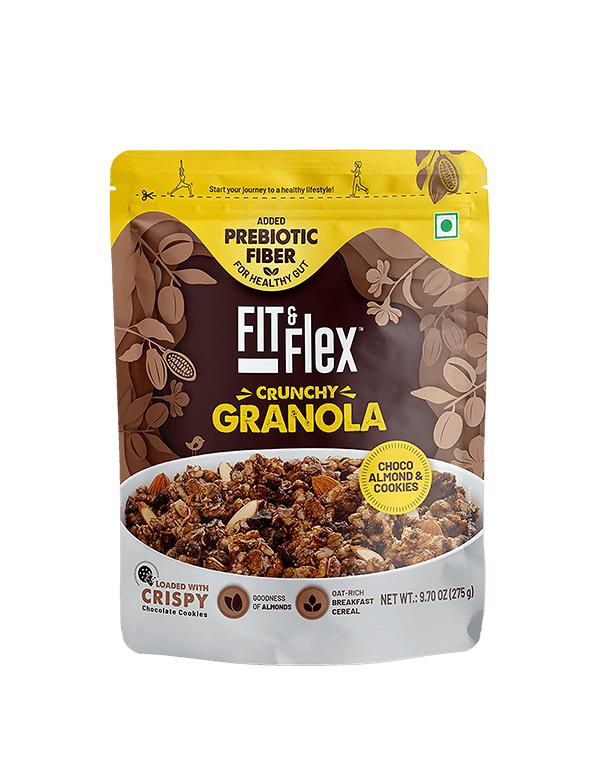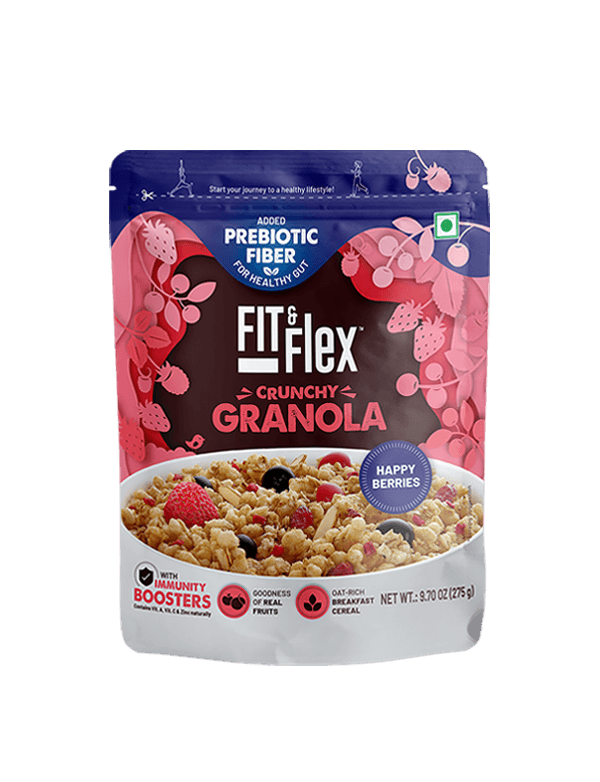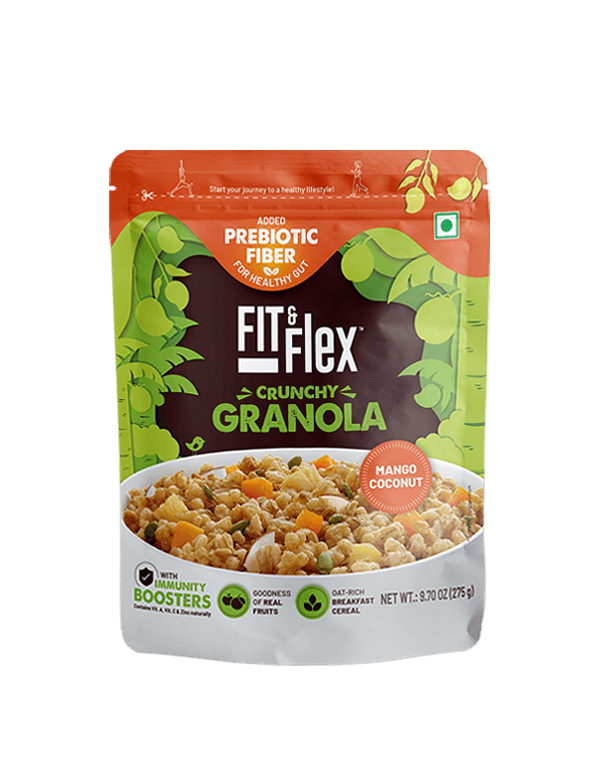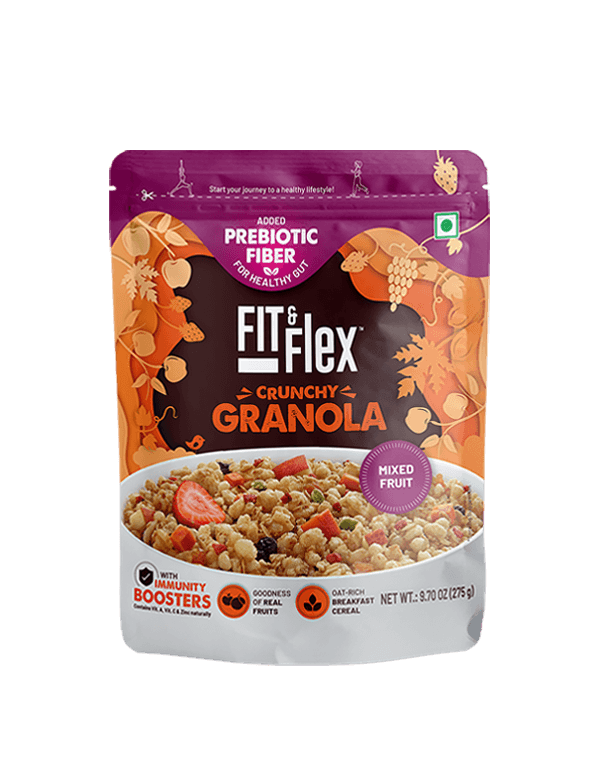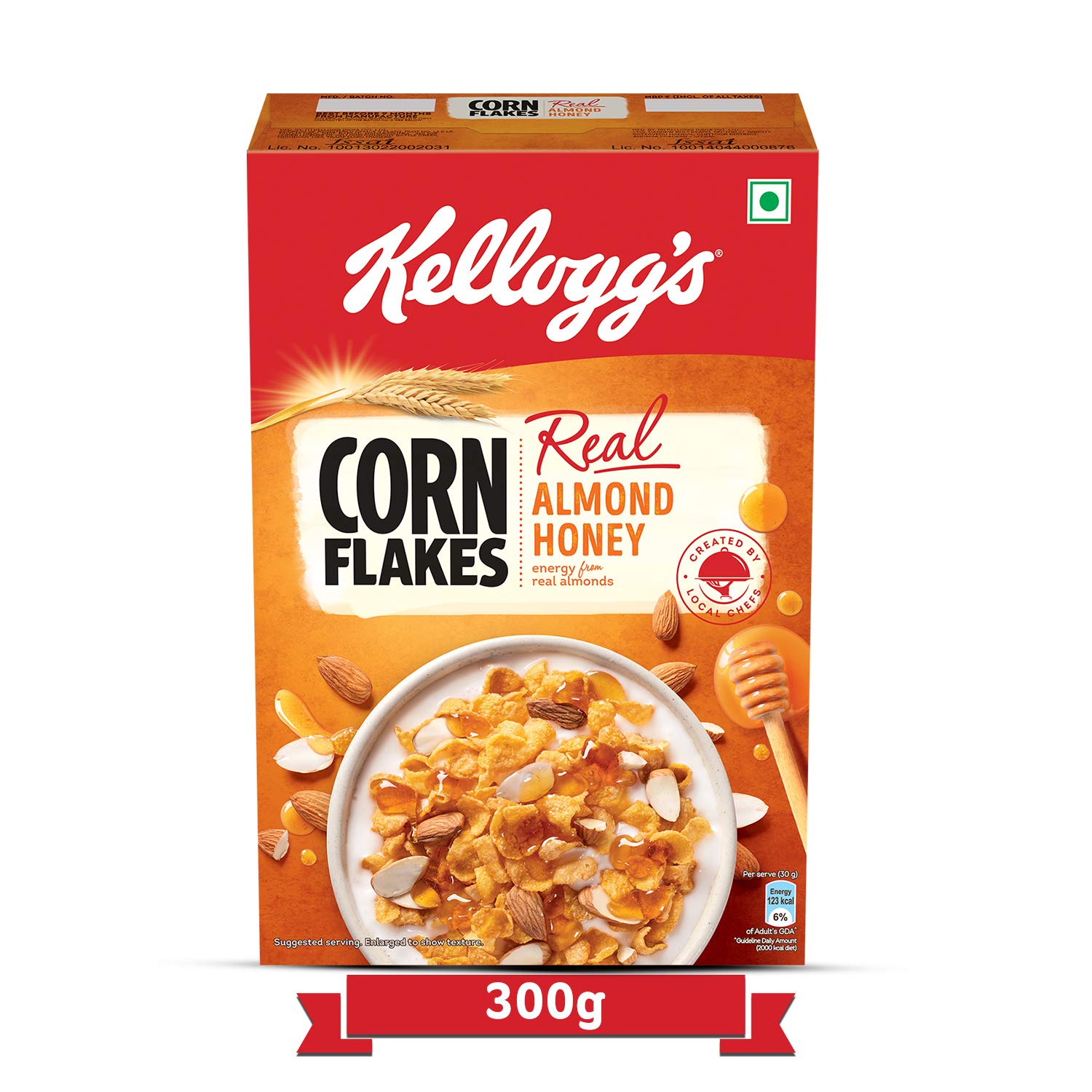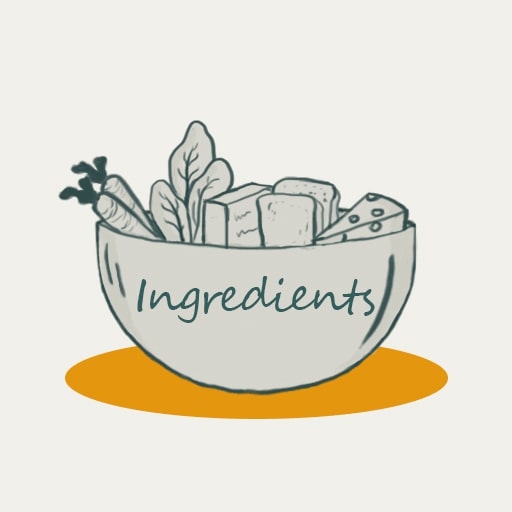Vitamin C (Ascorbic Acid)
Micronutrient
Last update date: October 11, 2023
Vitamin C is an antioxidant that protects your cells against the effect of free radicals. Oranges, Gooseberries, Bell peppers, and Guava are its decent sources.
Frequently Asked Questions
1.
What is Vitamin C (Ascorbic Acid)?
Vitamin C is a vital water-soluble nutrient that cannot be stored in your body, which means you need to obtain it from food sources. It is commonly found in citrus fruits like oranges, kiwi, lemons, and grapefruits, as well as in vegetables such as broccoli and tomatoes. Alongside vitamin E, beta-carotene, and other plant-based nutrients, vitamin C acts as an antioxidant. Antioxidants play a crucial role in preventing damage caused by harmful substances called free radicals, which have the potential to harm DNA.
2.
What is positive impact of Vitamin C (Ascorbic Acid)?
Taking a vitamin C supplement can provide several scientifically proven benefits for your health. Here are seven noteworthy advantages: Reducing the risk of chronic diseases. Assisting in managing high blood pressure. Lowering the risk of heart disease. Decreasing blood uric acid levels and preventing gout attacks. Helping to prevent iron deficiency.
3.
What is negative impact of Vitamin C (Ascorbic Acid)?
While vitamin C is generally safe, excessive intake can lead to certain negative effects. It is important to be aware of the following: Overconsumption of vitamin C may cause digestive symptoms, such as stomach cramps or diarrhea. Vitamin C can cause iron overload in individuals with certain medical conditions or disorders. Taking supplements in high doses can increase the risk of developing kidney stones.
4.
Who should avoid Vitamin C (Ascorbic Acid)?
While vitamin C is generally safe for most individuals, certain groups should limit their intake. Consult a healthcare professional if you fall into any of the following categories: History of kidney problems: If you have had kidney stones or kidney disease, excessive vitamin C intake, especially through supplements, may increase the risk of stone formation. Predisposition to iron overload: Individuals with hemochromatosis, a condition causing excess iron absorption, should be cautious with vitamin C, as it enhances iron absorption. Undergoing specific medical treatments: If you are undergoing chemotherapy, radiation therapy, or other treatments, discuss vitamin C supplementation with your healthcare team, as it may interfere with treatment efficacy or safety. Seek personalized advice from a healthcare professional for guidance tailored to your situation.
5.
What are common sources of Vitamin C (Ascorbic Acid)?
To ensure an ample intake of vitamin C, incorporate the following fruits and vegetables into your diet: Citrus fruits: Oranges, lemons, grapefruits, and kiwis are excellent sources of vitamin C. Enjoy them as refreshing snacks, in salads, or as freshly squeezed juices. Bell peppers: Both green and red bell peppers are rich in vitamin C. Include them in stir-fries, salads, or as crunchy additions to sandwiches and wraps. Berries: Strawberries stand out as a delicious and nutritious source of vitamin C. Enjoy them fresh, add them to smoothies, or use them to top your morning cereal. Cruciferous vegetables: Broccoli, Brussels sprouts, cabbage, and cauliflower are not only packed with various nutrients but also contain vitamin C. Steam, roast, or stir-fry them to retain their nutritional benefits. Leafy greens: While not as high in vitamin C as citrus fruits, leafy greens like spinach, kale, and Swiss chard still contribute to your vitamin C intake. Add them to salads, smoothies, or sauté them as a nutritious side dish.


